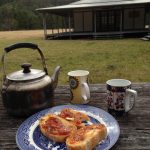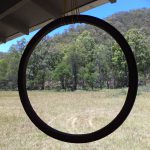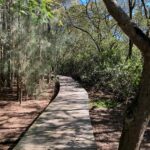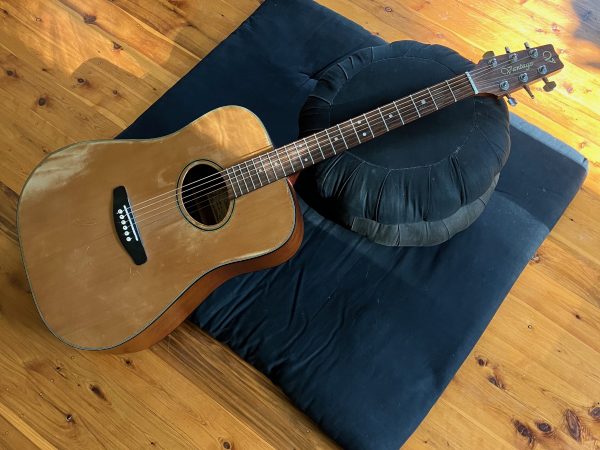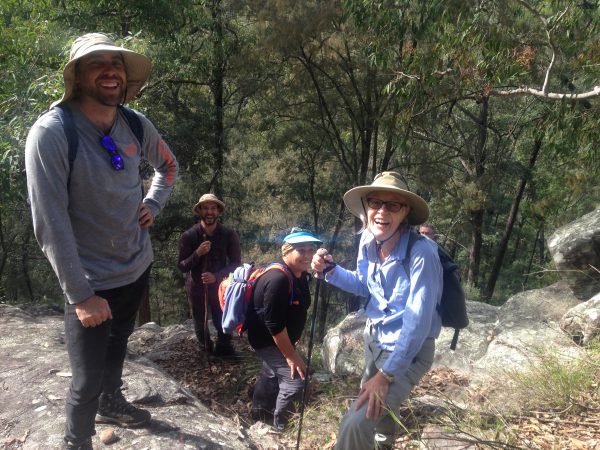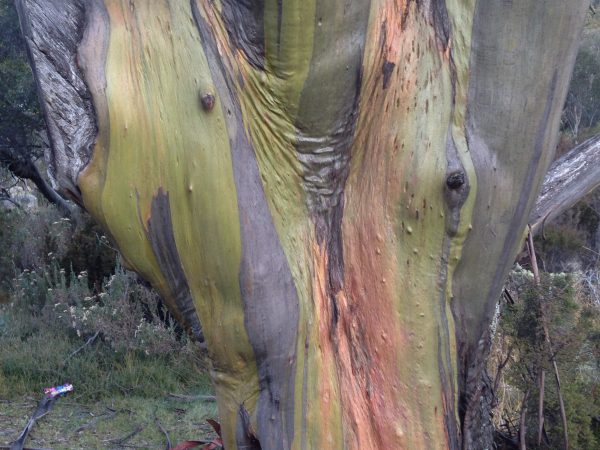Voices
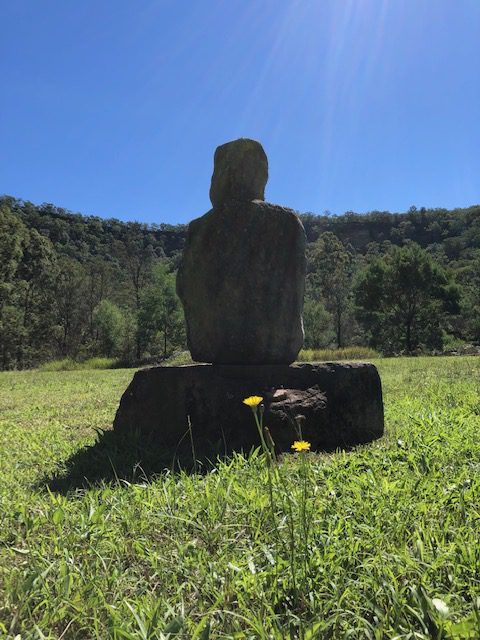
With the referendum on The Voice to Parliament set for October 14, the discussions about it have naturally been taking centre stage. I would like to present some Buddhist perspectives from my readings about this, aspects of harmony and transformation.
In the Uluru Statement from the Heart, it says “We seek constitutional reforms to empower our people and take a rightful place in our own country. When we have power over our destiny our children will flourish. They will walk in two worlds and their culture will be a gift to their country.”
And, at the end of the Statement about the First Nations Voice, it says “We leave base camp and start our trek across this vast country. We invite you to walk with us in a movement of the Australian people for a better future.”
I find this so generous and such an opportunity for all Australians when, in spite of all the sufferings, hardship and violence past and present, indigenous peoples are inviting us to join with them, to make a new beginning of understanding and treasuring their cultural and spiritual practices, and acknowledgement of their ancient sovereignty. It’s an invitation to share as equal Australians, to share equally in health, living conditions, life expectancy and life outcomes.
We visitors from the past couple of centuries have been like hungry ghosts with no real roots, wandering on the land but not of the land, since all the spiritual stories relating to the land have been relegated to the seconds sale bin of legend and myth. This is an opportunity to really call this land ‘home’, to save this ghost by facing squarely and embracing the wrongs of the past, to listen deeply and take up the hope heard in the voice of the land.
“We leave base camp and start our trek”, but as Buddhists we know that the Trek, the Way, is also finding peace in this moment here, abandoning the seeds of fear, greed and violence in myself.
Thich Nhat Hanh wrote about stopping and looking deeply at the habits of mind we have received from our ancestors and collectively from our society. He wrote: “We have to live in a way that liberates the ancestors and future generations who are inside of us. Joy, peace, freedom and harmony are not individual matters. If we do not liberate our ancestors, we will be in bondage all our lives, and we will transmit that to our children and grandchildren. Now is the time to do it.” This means that, rather than point the finger of blame, we look deeply at the suffering of all and take the actions that lead to peace.
Next week I have the great joy to accompany on piano the combined Upper Mountains Primary school choirs in their Narragunnawali festival (means ‘wellbeing’ and ‘coming together’ in the Ngunnawal language), and they will be raising their voices in a Yorta Yorta song in the concert. I feel glad that their school experience is so different to the schools of my era, and hope that in future generations we can build on this coming together in loving kindness and good will.
Jane Andino, roshi

